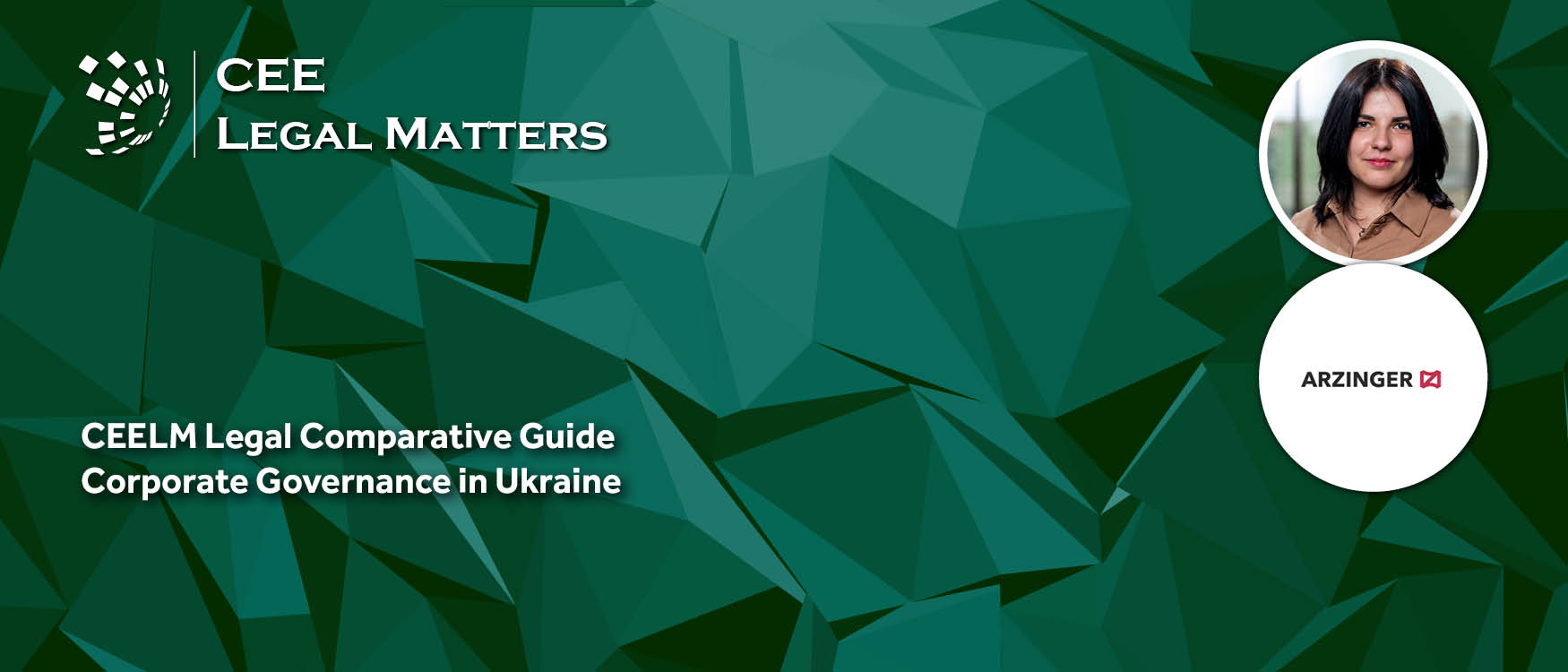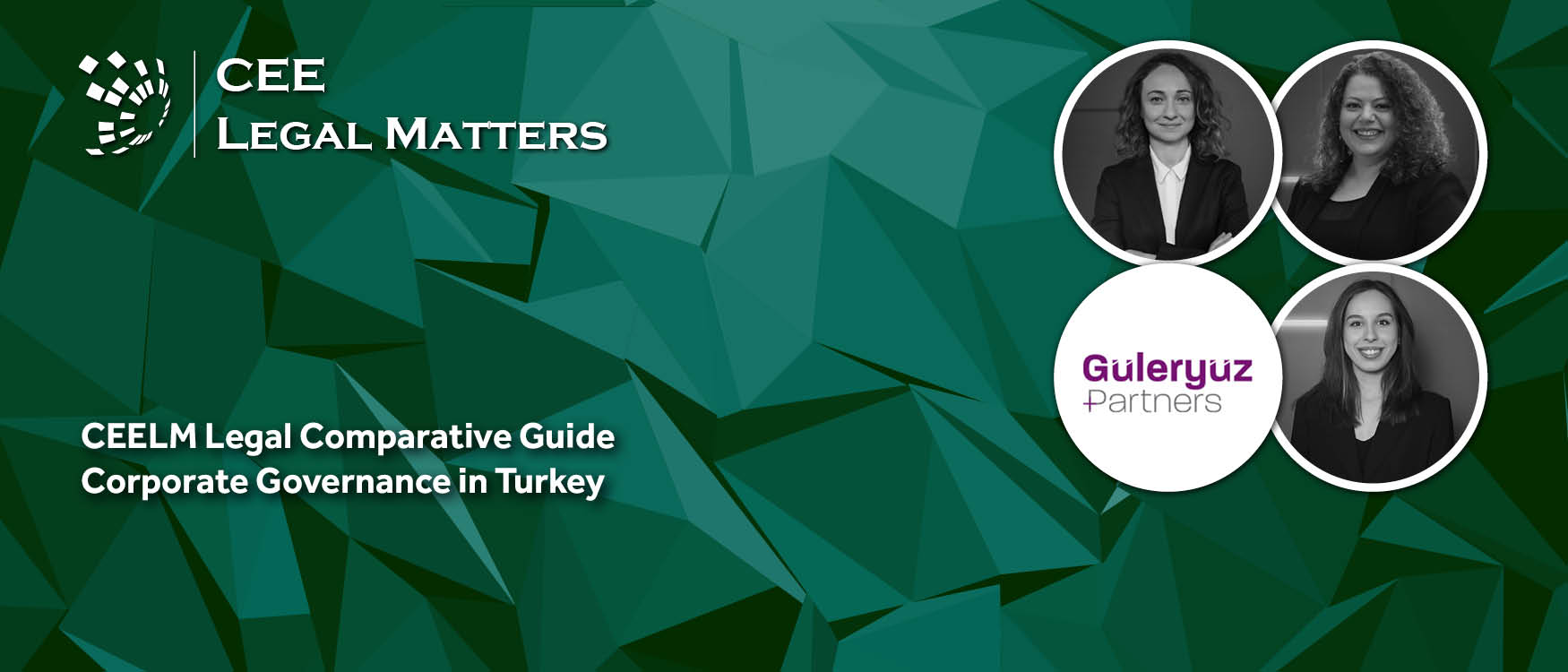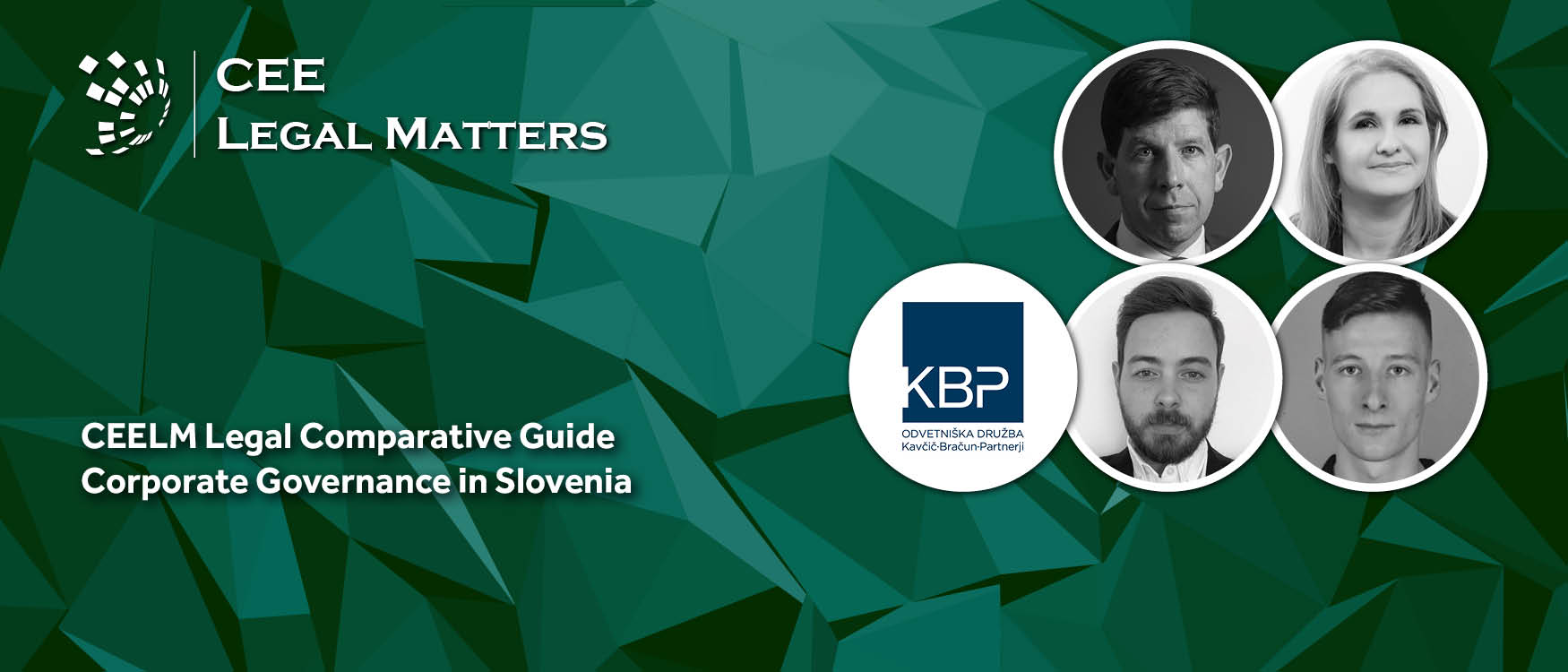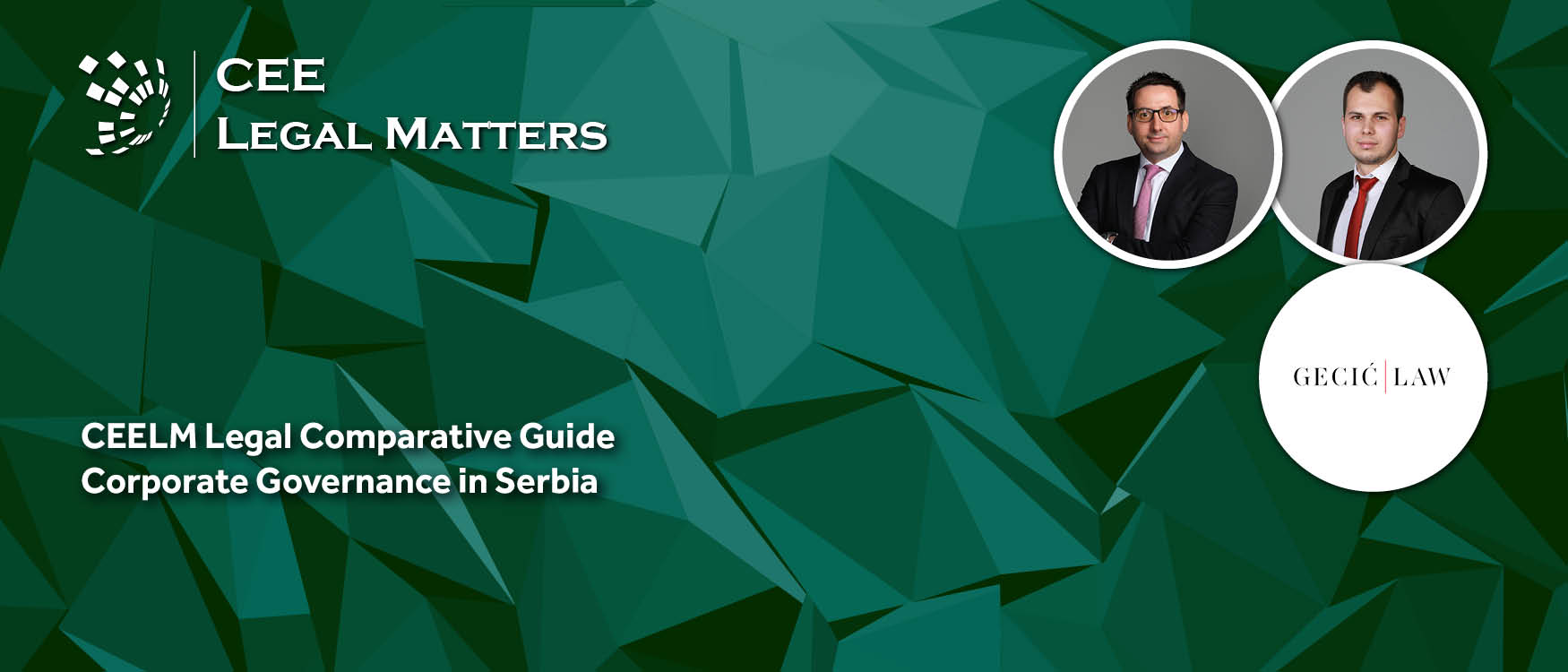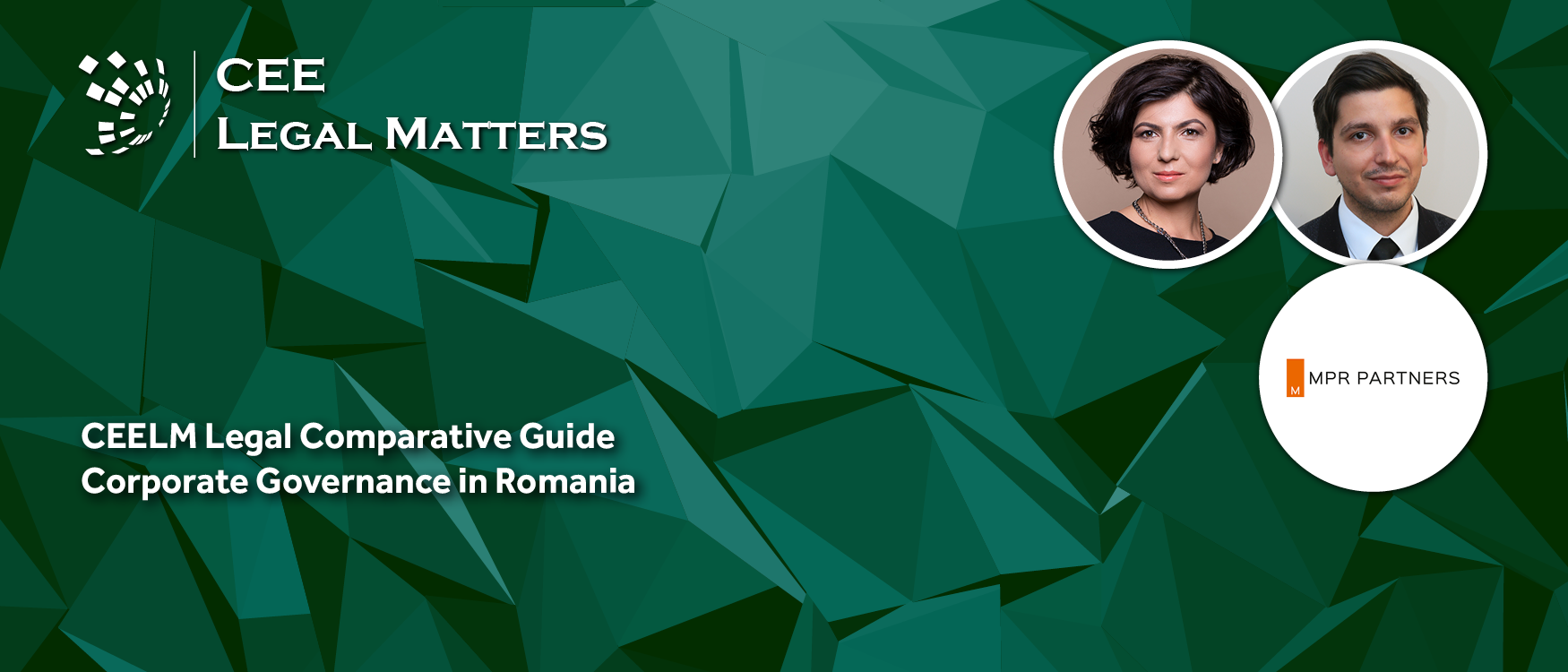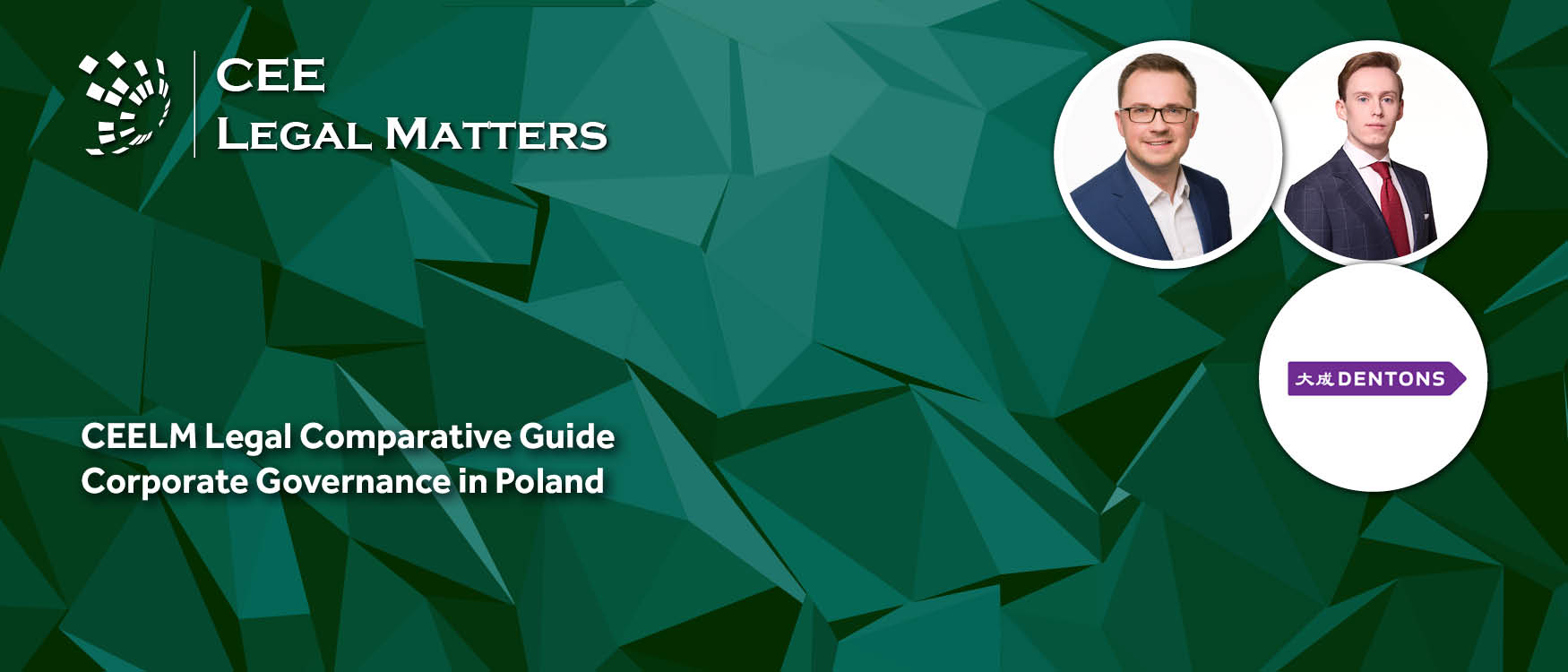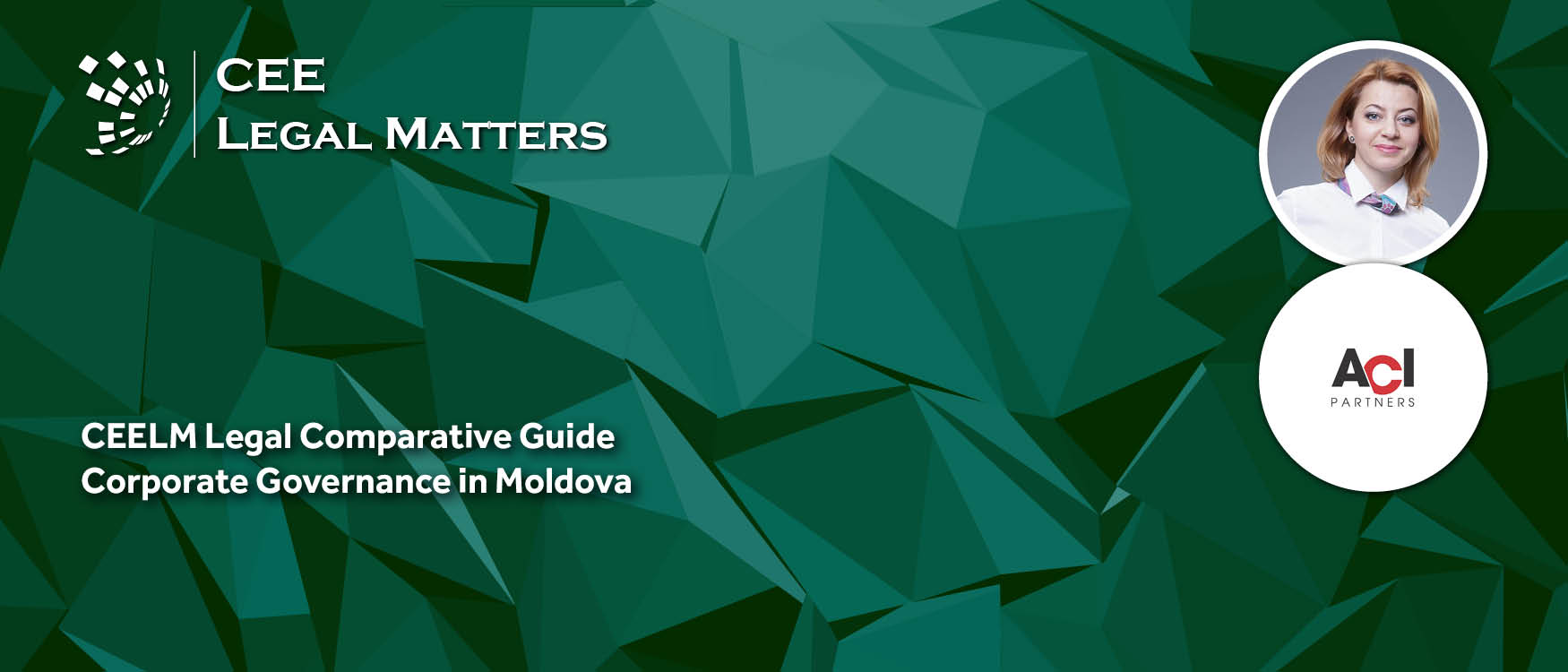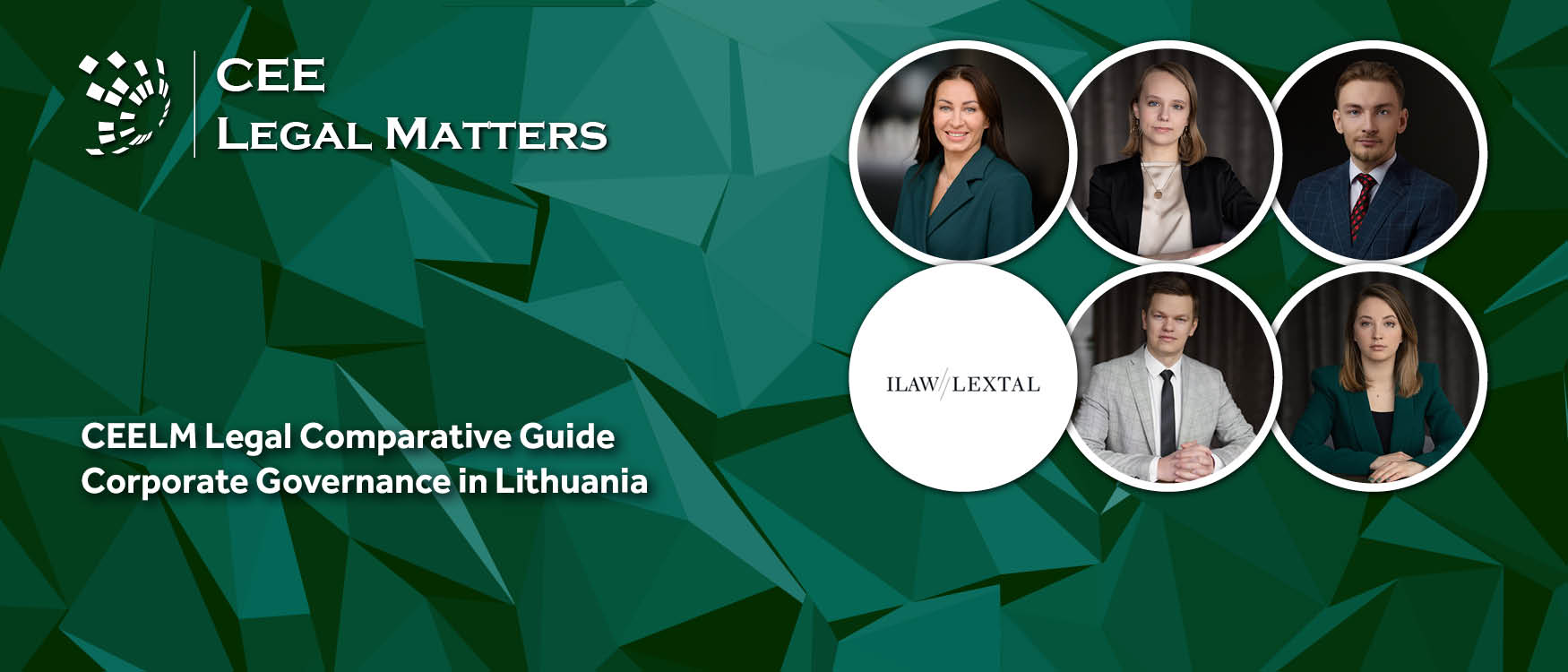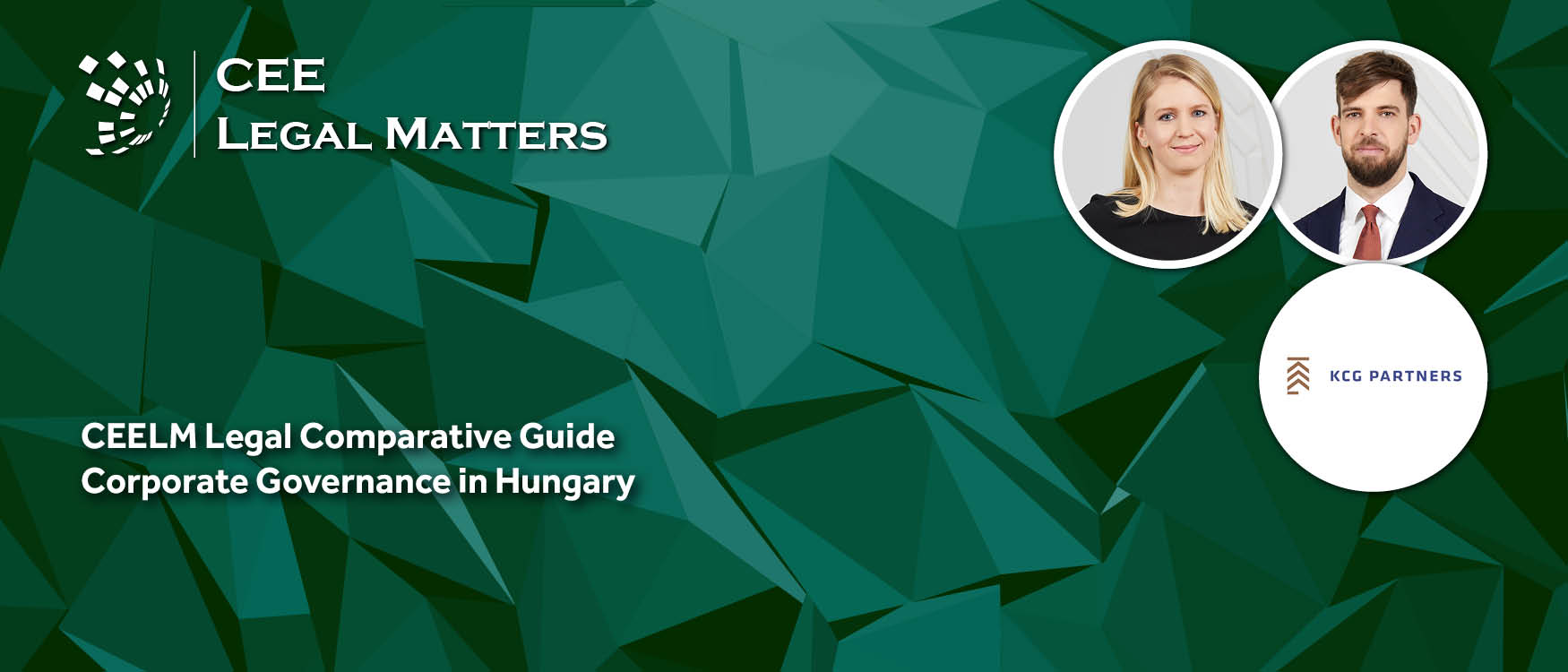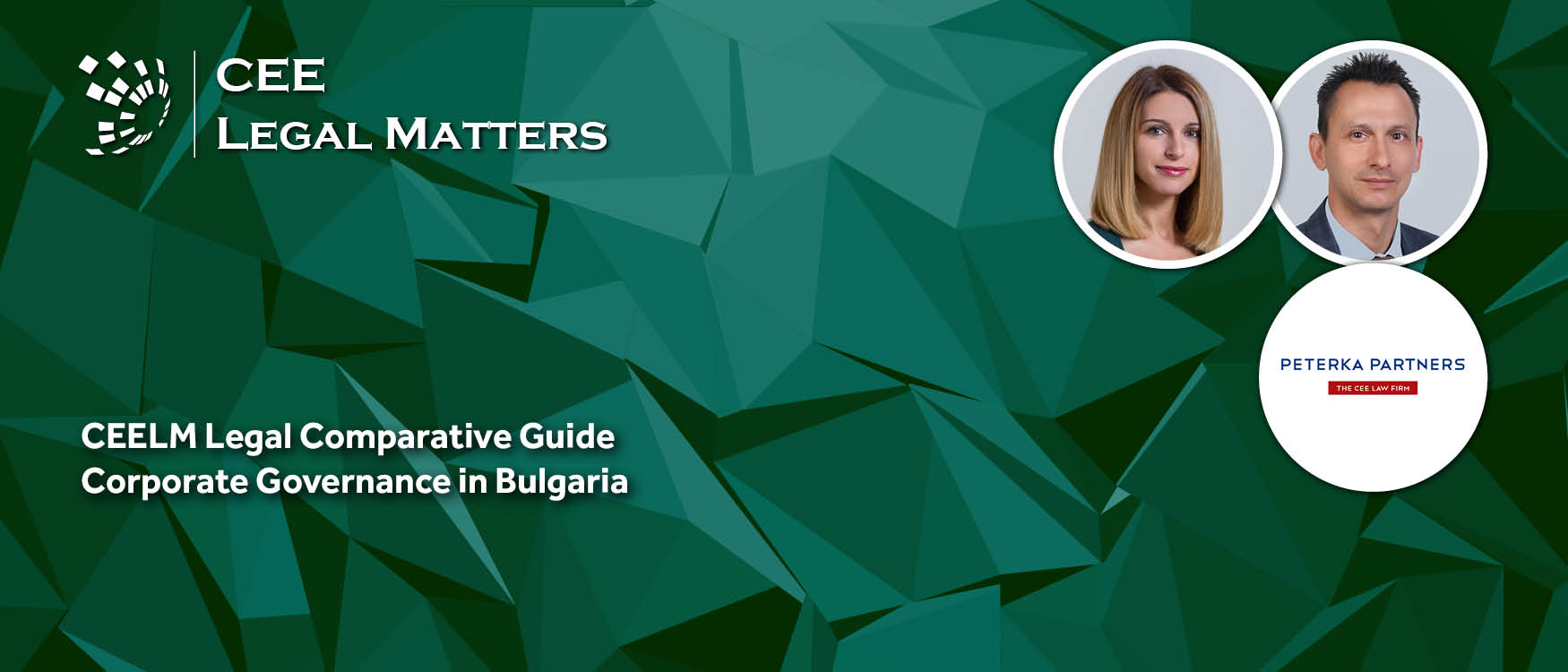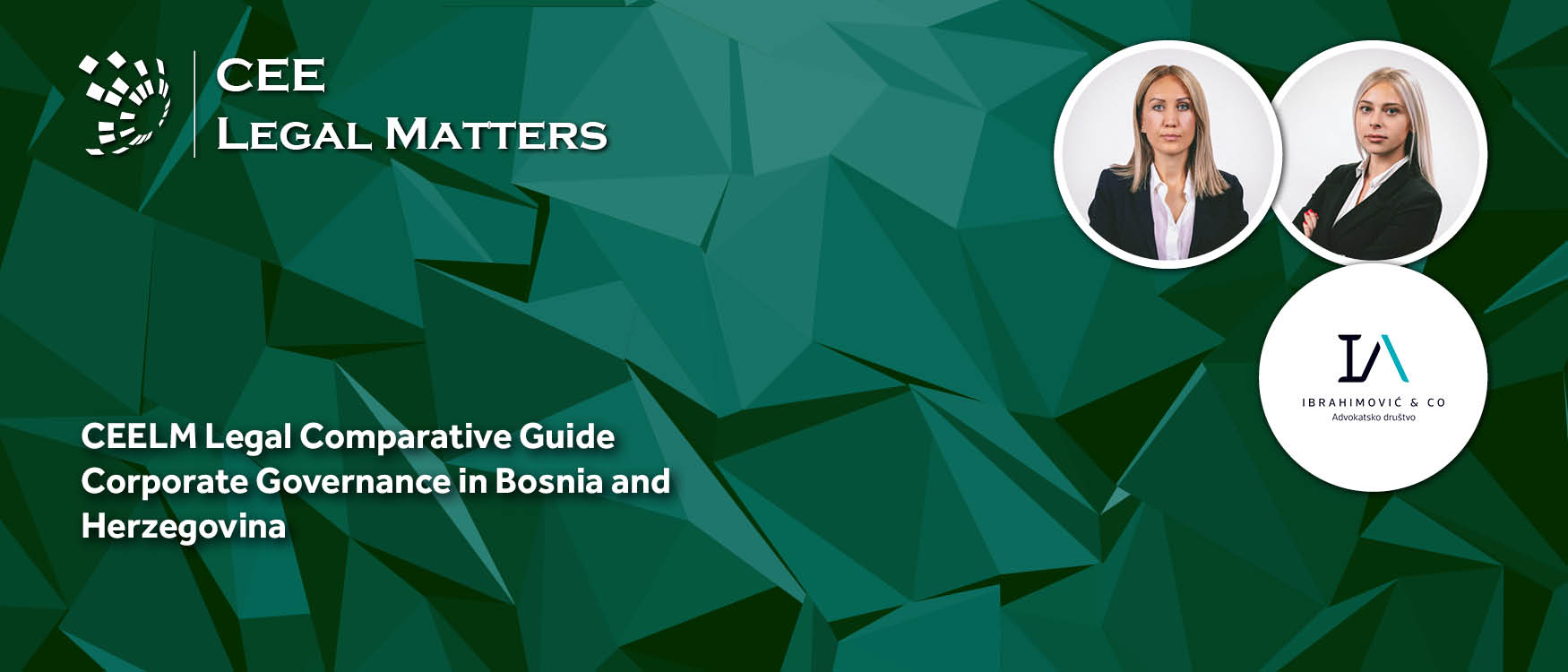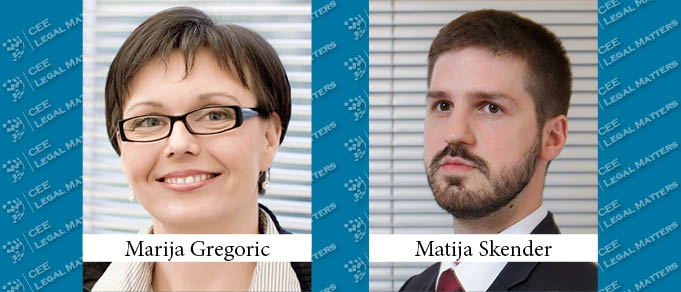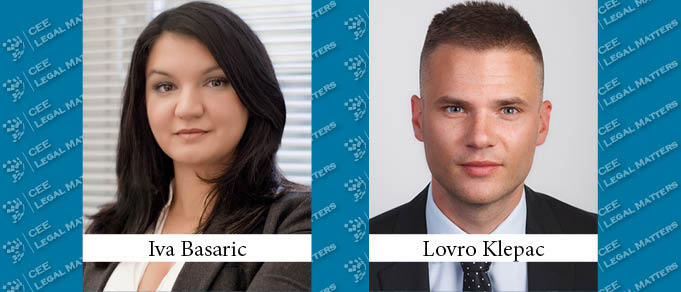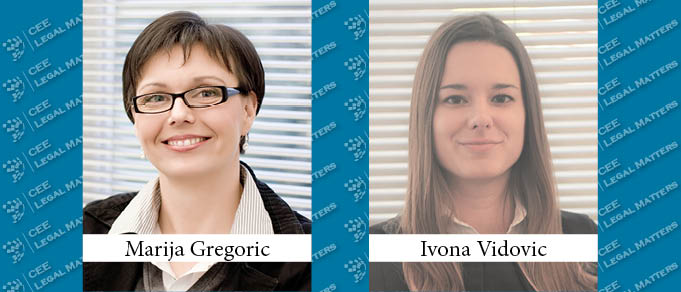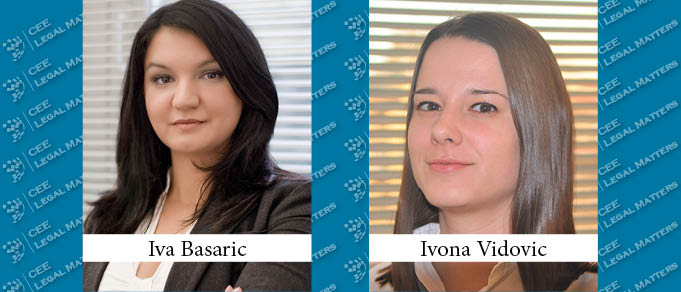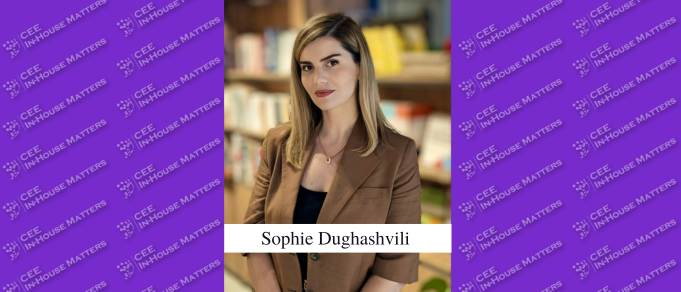Contributed by Arzinger.
Corporate Governance in Turkey
Contributed by Guleryuz & Partners.
Corporate Governance in Slovenia
Contributed by Kavcic, Bracun & Partners.
Corporate Governance in Serbia
Contributed by Gecic Law.
Corporate Governance in Romania
Contributed by MPR Partners.
Corporate Governance in Poland
Contributed by Dentons.
Corporate Governance in Moldova
Contributed by ACI Partners.
Corporate Governance in Lithuania
Contributed by ILaw Lextal.
Corporate Governance in Hungary
Contributed by KCG Partners.
Corporate Governance in Bulgaria
Contributed by Peterka & Partners.
Corporate Governance in Bosnia and Herzegovina
Contributed by Ibrahimovic & Co.
Croatia To Upgrade the Rules on Remote Working
As the COVID-19 pandemic globally swept away the business-as-usual concept, many countries, including Croatia, were faced with a rising problem of workplace-based COVID-19 transmissions. Croatia had a remote work (RW) framework initially introduced in 2003, but its application in practice was considered rather exotic. Once RW became one of the main workplace-related responses to COVID-19, authorities and employers were suddenly faced with interpretation and implementation problems. As a temporary solution, the Ministry of Labor and Pension System (Ministry) issued a number of opinions regarding the RW regime. These opinions were intended to loosen the regulatory grip, usually by turning a blind eye to unambiguous and mandatory statutory requirements, for example, by interpreting that a pandemic constitutes such circumstances under which employers are allowed to unilaterally impose a RW regime.
Croatia: WhatsApp Correspondence Constitutes Credible Evidence of Anti-Competitive Agreements
On July 21, 2021, the Croatian High Administrative Court confirmed the Croatian Competition Agency’s (CCA) cartel decision adopted against 14 Croatian driving schools. In its infringement decision dated December 30, 2019, the CCA established the existence of a price-fixing cartel between 14 Croatian driving schools and imposed fines in the total amount of HRK 415,000 (approximately EUR 55,500). During this cartel investigation the CCA conducted several dawn raids and established the existence of a price-fixing cartel based on, inter alia, WhatsApp correspondence exchanged between representatives and employees of cartel members. Based on CCA’s infringement decision, the content of exchanged WhatsApp correspondence between cartel members referred to the coordinated price increases for driving lessons starting from the beginning of 2018.
Ad-Hoc Reparations in Croatia’s Healthcare System: What is Pacta Sunt Servanda?
A freely-accessible public healthcare system has always been considered one of the pillars of the modern welfare state. However, the dearth of adequate managerial skills and advance planning within the healthcare framework has often led to systemic problems, like issues with financing for a system that is regarded as a public service by users and a private business by service suppliers. This problem has once again resurfaced in the Croatian health sector, with debts accumulated by public hospitals and pharmacies standing in the way of a regular supply of medicinal products and medical devices by manufacturers, wholesalers, and pharmacies.
Croatia: One Court Decision and its Impact on M&A Deals in Croatia
It has become evident by now that the 2020 global pandemic has reshaped many aspects of the legal industry, with one of the eminent examples being the way M&A transactions are carried out – almost everything has become less certain, more urgent, and largely virtual. As though the circumstances have not been challenging enough, recent developments in local jurisprudence concerning the form of legal documents have started to negatively impact M&A deals in Croatia.
Croatian Competition Agency Confirms Coca Cola’s Compliance with Commitment Decision and Closes Investigation
Earlier this month, the Croatian Competition Agency confirmed that Coca Cola HBC Hrvatska d.o.o. had complied with the commitments the company had offered, and which had been accepted by the CCA, in the course of an investigation of vertical restraints imposed by Coca Cola on its distributors (most notably exclusive purchasing and tying arrangements). Early on, the CCA expressed concern that Coca Cola’s practices would constitute infringements under Articles 8 and 13 of the Croatian Competition Act (essentially corresponding to Articles 101 and 102 of the Treaty on the Functioning of the European Union).
Capital Markets in Latvia
Contributed by Cobalt.
Capital Markets in Bosnia & Herzegovina
Contributed by Karanovic & Partners.

